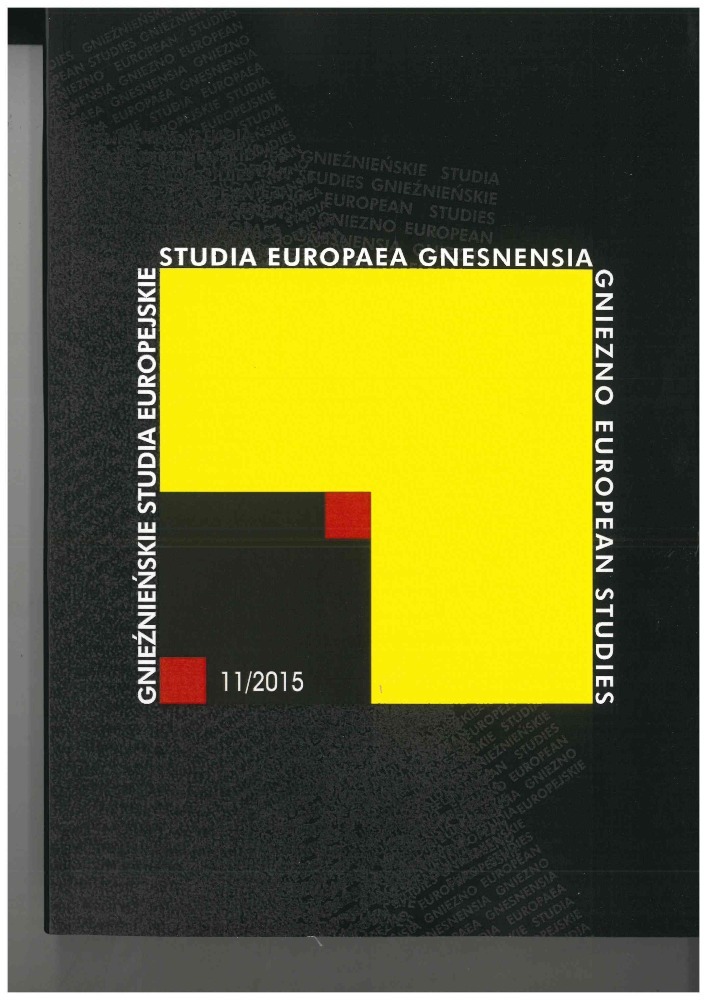Résumé
In this paper, I discuss the problem of human ascendance over animals. The issue is particularly important and often addressed in contemporary intellectual current referred to as posthumanism. In this framework, the interest in humanity is not abandoned, but one departs from the anthropocentric approach. The prefix “post” denotes a shift of focus, from problems and intellectual positions which underline the privileged status of the human to non-anthropocentric attitudes. These are non-anthropocentric humanities, although the designation itself is paradoxical, and undermines the legitimacy of the humanities in general, since anthropos is the principal subject of research of the discipline and the humanistic approach. For those reasons, “non-anthropocentric humanities” and other ones as well, such as “non-humanist anthropology”, “anthropology of objects”, “anthropology of cyborgs” or finally “posthumanities” provoke reservations. Still, this is a problem which always appears when appropriate words are lacking to describe a set of new tendencies, directions of research or intellectual approaches which have not yet developed a suitable terminology. The prefix “post” suggests that new phenomena cannot be rendered by means of the former notions and categories; new methods which make it possible have to be sought. In the case of notions such as “non-anthropocentric humanities” and “posthumanities”, the important thing is that they forecast as change of the dominant in the tendencies, directions and methods of (post)humanistic studies. They do not draw upon humanism as a specific approach to the world in whose centre one finds the human being, but to the non-essentialist and non-hierarchically oriented posthumanism.
Références
Księga Rodzaju, 1, 26, [w:] Pismo Święte: Stary i Nowy Testament: w przekładzie z języków oryginalnych, oprac. zespół pod red. M. Petera (Stary Testament), M. Wolniewicza (Nowy Testament), wyd. 1, Poznań 2006.
Bakke M., Bio-transfiguracje: sztuka i estetyka posthumanizmu, Poznań 2010.
Bakke M., Nieantropocentryczna tożsamość, [w:] A. Gwóźdź, A. Nieracka-Ćwikiel (red.), Media, ciało, pamięć: o współczesnych tożsamościach kulturowych, Warszawa 2006.
Bakke M., Post-antropocentryczne ciała: symbionty, protezy, liminalne życia, Kultura Współczesna 1, 2009.
Brach-Czaina J., Błony umysłu, Warszawa 2003.
Braidotti R., Transpositions: On Nomadic Ethics, Cambridge 2006.
Burt J., Szczur, tłum. A. Leśniak, Kraków 2006.
Descartes R., Rozprawa o metodzie właściwego kierowania rozumem i poszukiwania prawdy w naukach, tłum. Wanda Wojciechowska, Warszawa 1988.
Gajewska G., Człowiek/zwierzę/roślina/maszyna – perspektywa posthumanistyczna, Studia Europaea Gnesnense 4, 2012.
Gdula M., Nie-ludzcy sojusznicy, Krytyka Polityczna 15, 2008, s. 157-156.
Grochowski G., Tekstowe hybrydy: literackość i jej pogranicza, Wrocław 2000.
Haraway D., Manifest cyborgów: nauka, technika i feminizm socjalistyczny lat osiem¬dziesiątych, tłum. S. Królak, E. Majewska, Przegląd Filozoficzno-Literacki 1, 2003.
Haraway D., Living Images: Conversations with Lynn Randolph [online]. Lynn Randolph [dost?p: 2012-03-15]. Dost?pny w Internecie: http://www.lynnrandolph. com/essays/haraway-2.html.
Haraway D., Zwierzęta laboratoryjne i ich ludzie, tłum. A. Ostolski, Krytyka Polityczna 15, 2008.
Haraway D., The Promises of Monsters: A Regenerative Politics for Inappropriate/d Others, [w:] J. Wolmark (red.), Cybersexualities. A Reader on Feminist Theory, Cyborgs and Cyberspace, Edinburgh 1999.
Jonas H., Zasada odpowiedzialności: etyka dla cywilizacji technologicznej, tłum. M. Klimowicz, T. Kowalski, Kraków 1996.
Król M., Pies, kot i ja, Res Publica Nowa 2, 2003.
Latour B., Polityka natury: nauki wkraczają do demokracji, tłum. Agata Czarnacka, wstęp Maciej Gdula, Warszawa 2009.
Lazari-Pawłowska I., Kręgi ludzkiej wspólnoty. Egoizm gatunkowy, [w:] Etyka w teorii i praktyce. Antologia tekstów, oprac. Z. Kalita, Wrocław 2001.
Petera Singera etyka jakości życia – krytyka etyki tradycyjnej, [w:] Etyka w teorii i praktyce. Antologia tekstów, oprac. Z. Kalita, Wrocław 2001.
Wawrzyniak J., Teoretyczne podstawy neonaturalistycznej bioetyki środowiskowej, Poznań 2000.
